"All kinds of things are possible, things we wouldn't think about today or simple dismiss them," PM Orban pointed out, speaking in the special edition of HirTV's current affairs program. Journalist Zsolt Bayer asked Hungary's prime minister about the outlook for European politics today, noting that two and a half years ago no one would have thought that a war would break out on the continent, a year ago no one would have thought that the entire European Union would seek to enter this war, and three weeks ago no one would have thought that an attempt would be made to kill the prime minister of a neighboring country.
This is also his usual argument, Viktor Orban said, adding that this is also his response when the governing parties are accused of exaggerating the threat of war. He recalled that a few weeks before the war broke out, he held talks with Russian President Vladimir Putin. At the time, he thought that the chances of the conflict escalating were fifty-fifty, because it became clear to him that the Russians could not accept that Ukraine was moving towards NATO membership.
There is no exaggeration in what we are communicating now, PM Orban stressed.
When speaking to people who say that they are exaggerating, Hungary's prime minister often recalls that two years ago the German chancellor said that Germany would only send helmets as aid in the war, that lethal weapons were out of the question, and that sanctions could not be imposed on the energy sector. "We started from here, and now we have German tanks moving around Ukraine, German air defense systems are being delivered, and Europe's entire economy has been cut off from the Russian energy system, which would otherwise ensure cheap and reasonable supplies", Viktor Orban explained.
If we continue at half this pace, we will engage in open military confrontation in a few months, he opined.
Is Viktor Orban the only one fomenting war psychosis?
Zsolt Bayer noted that this is what the opposition keeps saying in the campaign in Hungary. He said it is a classic dramaturgical rule that if we put the gun on stage, a shot must be fired by the end of the third act, and today European powers are placing nuclear weapons on stage. "What can we hope for?" he asked.
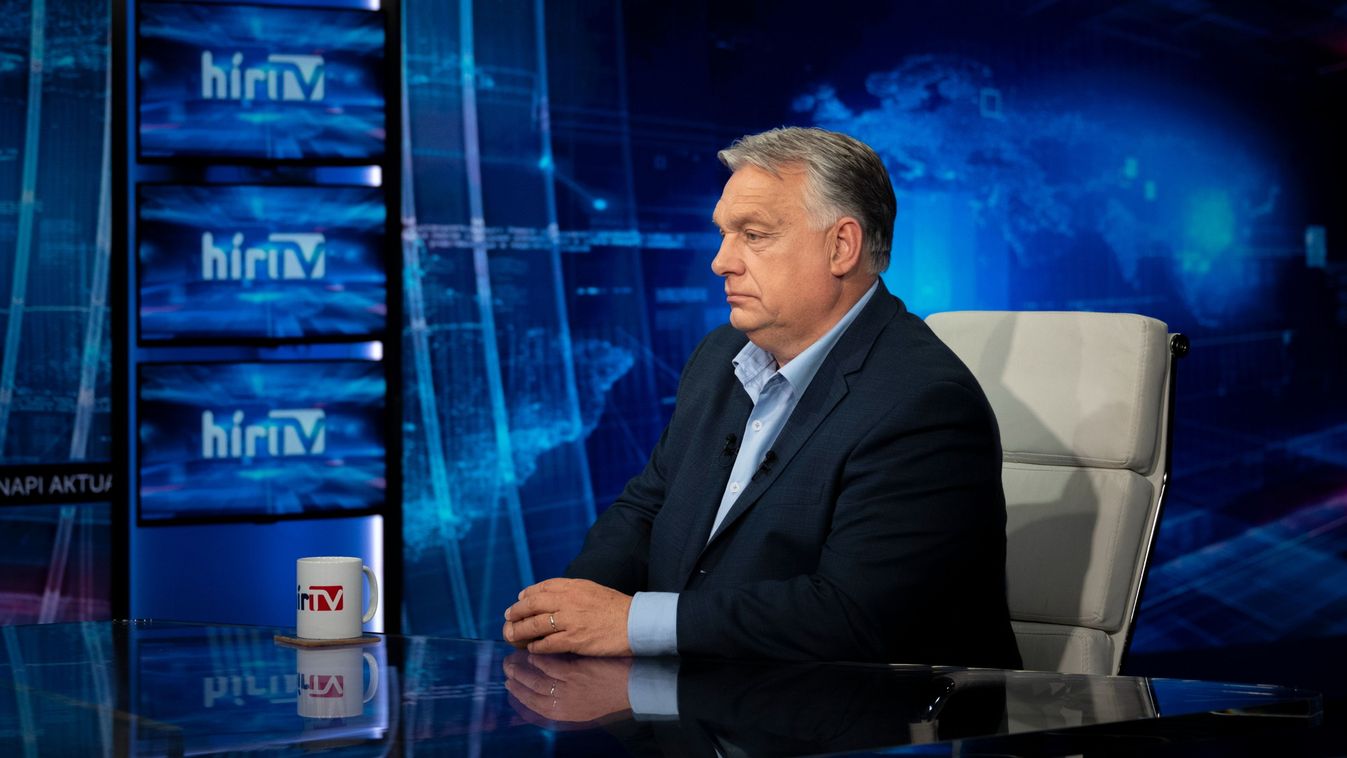
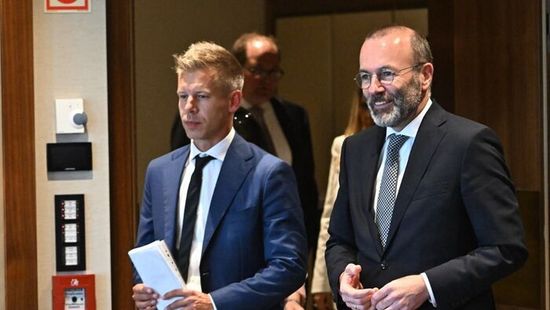
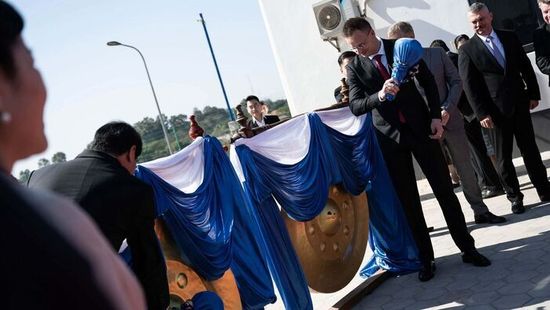
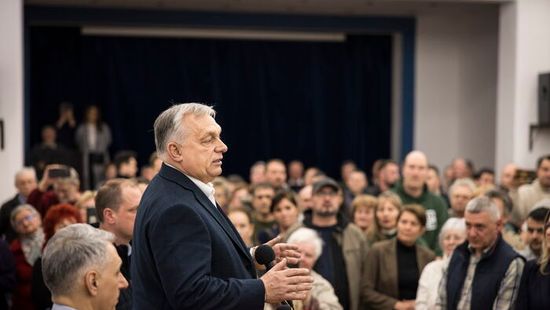
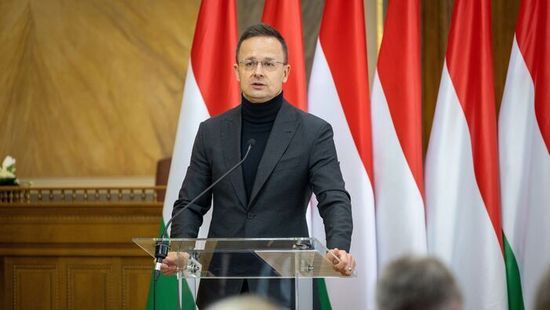

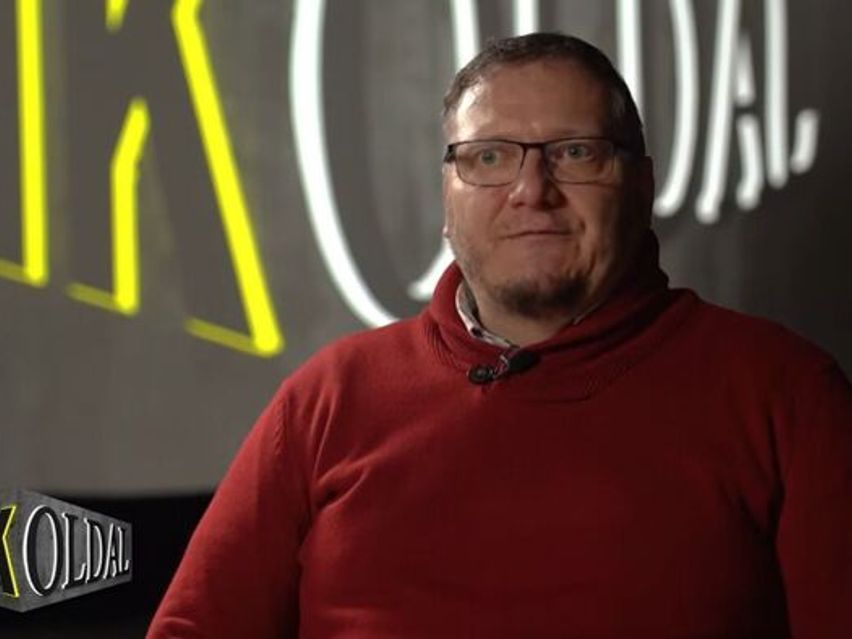

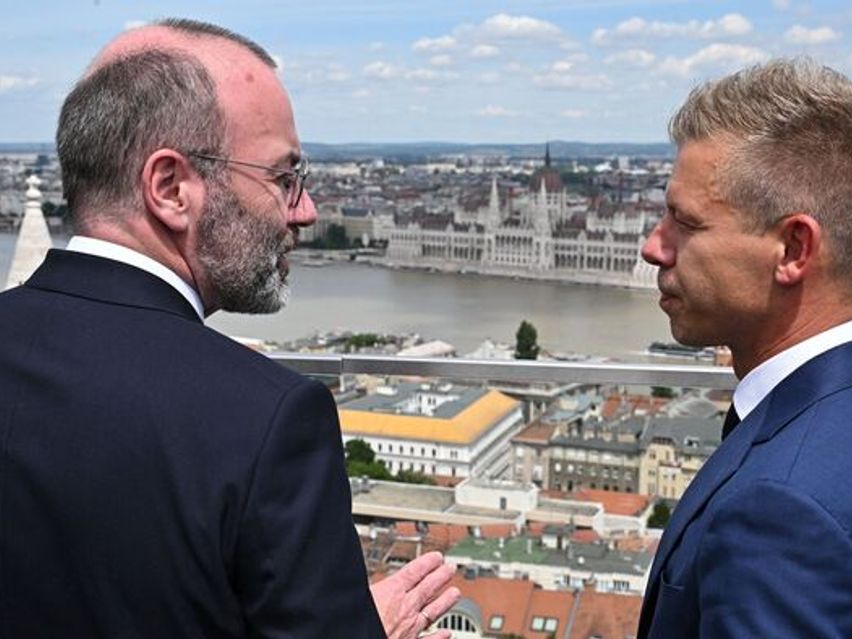
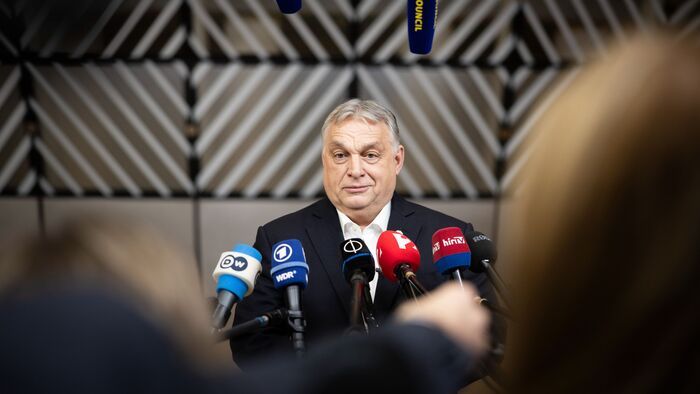

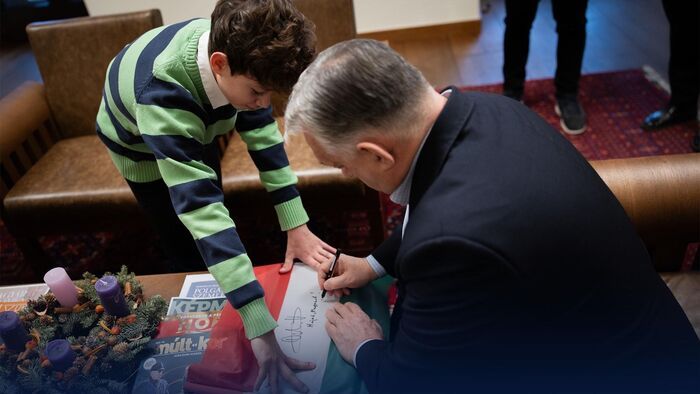
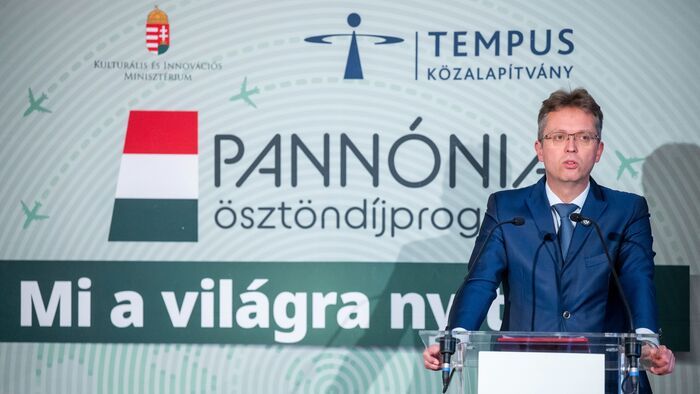
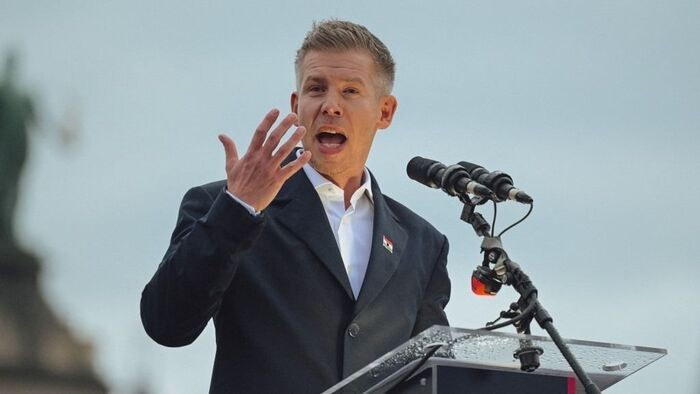
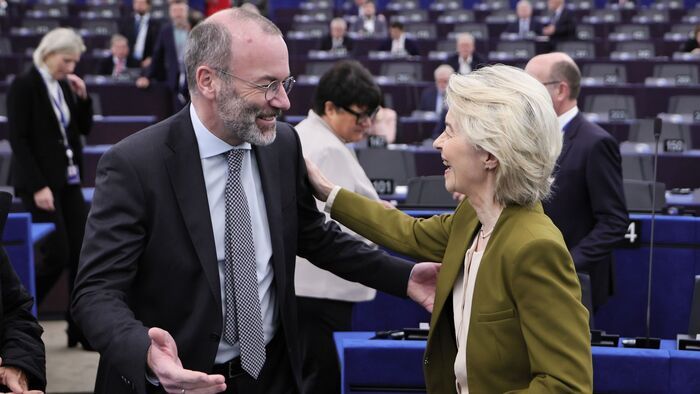
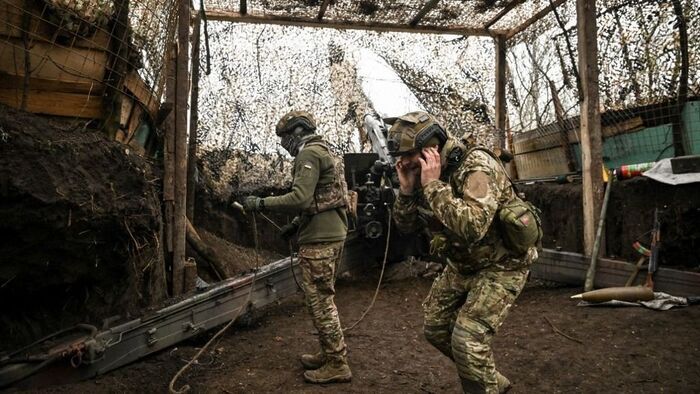
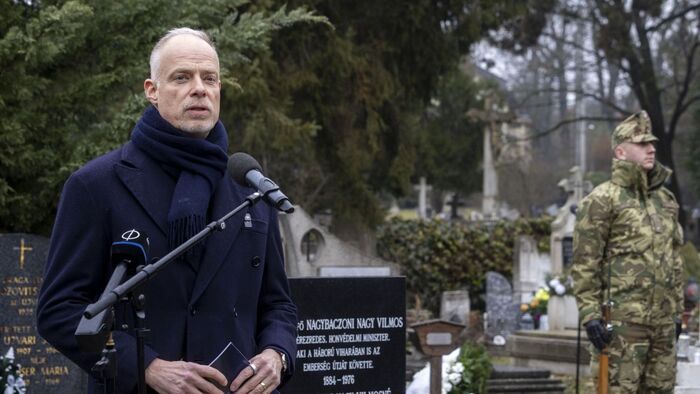
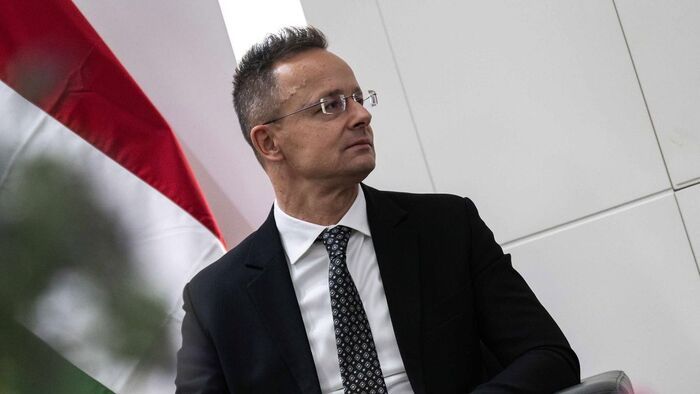


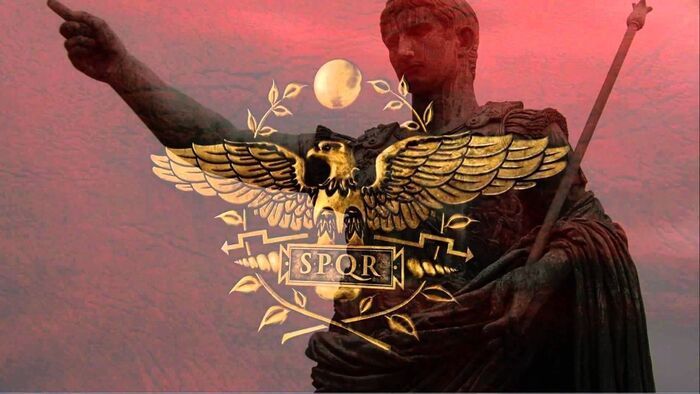


Szóljon hozzá!
Jelenleg csak a hozzászólások egy kis részét látja. Hozzászóláshoz és a további kommentek megtekintéséhez lépjen be, vagy regisztráljon!